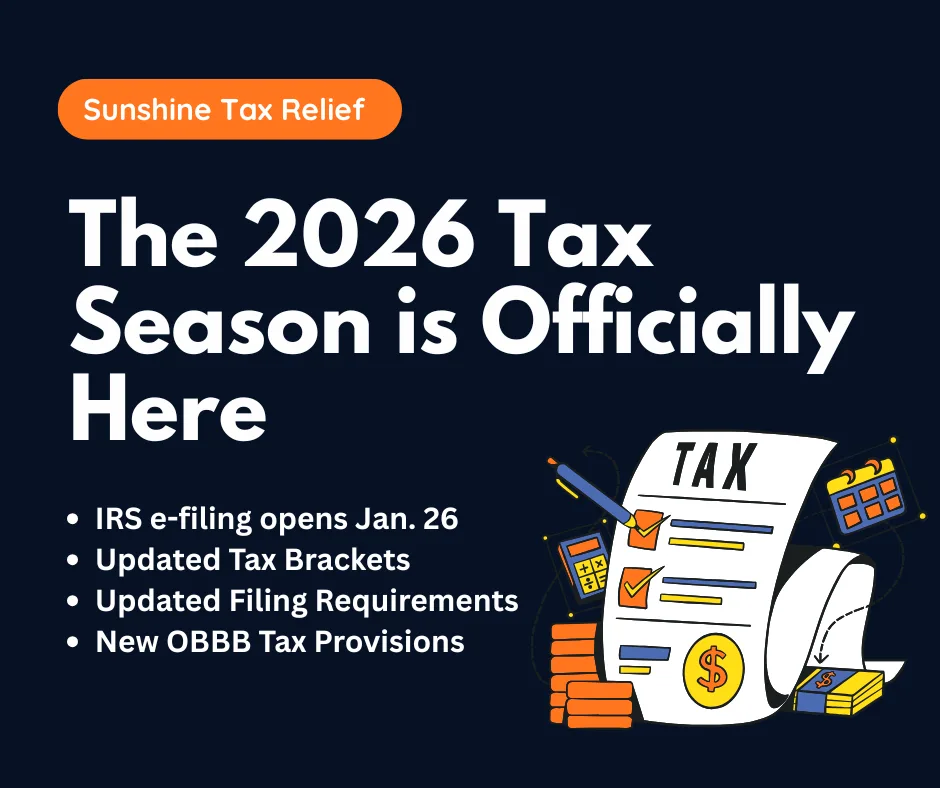When it comes to taxation, partners in a business may find the math a bit puzzling. You may discover that the amount of partnership income you’re taxed on is more than the amount that was distributed to you. That’s a quirk of taxation that lies in the way partnerships and partners are taxed.
Pass-Through Taxation
Partnerships aren’t subject to income tax at the entity level. Instead, each partner is taxed on the earnings of the partnership, even if the profits aren’t distributed.
Similarly, if a partnership incurs a loss, it’s passed through to the partners. (However, various rules may prevent partners from currently using their shares of the partnership’s losses to offset other income.)
Filing Responsibilities
A partnership must file an information return, IRS Form 1065, “U.S. Return of Partnership Income.” On this form, the partnership separately identifies income, deductions, credits and other items.
This allows partners to properly treat items that are subject to limits or other rules that could affect their treatment at the partner level. Examples of items that may require special treatment include capital gains and losses, interest expense on investment debts, and charitable contributions. Each partner receives a Schedule K-1, showing their share of partnership items for the tax year.
Basis and distribution rules ensure that partners aren’t taxed twice. A partner’s initial basis in his or her partnership interest (which varies depending on how the interest was acquired) is increased by his or her share of partnership taxable income. When that income is paid out to partners in cash, they aren’t taxed on the money if they have sufficient basis. Instead, partners reduce their basis by the amount of the distribution. If a cash distribution exceeds a partner’s basis, then the excess is taxed to the partner as a gain.
Heads Up!
Understanding the ins and outs of partnership taxation can help you avoid surprises come tax time. If you’re unsure how these rules apply to your specific situation, especially with complex items such as losses or special allocations, don’t hesitate to reach out. Contact the office for help with the math and whatever other questions you may have.


